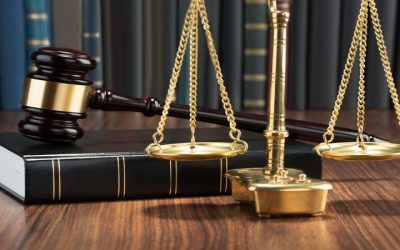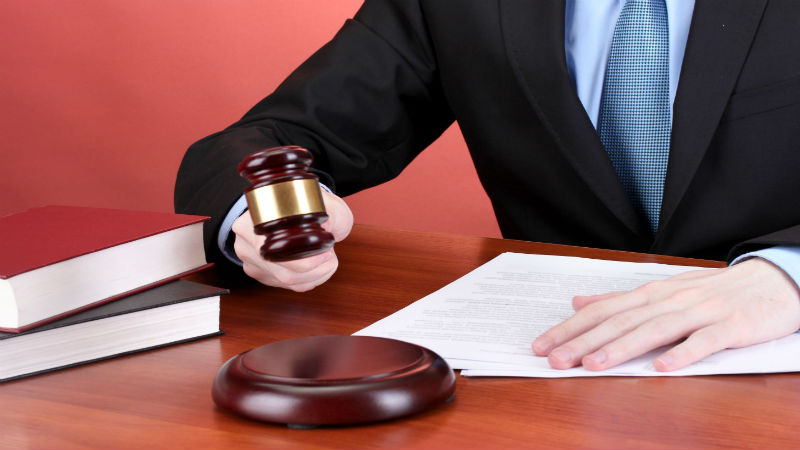When individuals are considering bankruptcy, there is a common misconception regarding the protection of their retirement accounts. Many people fear that they will lose all or a portion of the money in their retirement accounts upon the filing of a bankruptcy. This concern is most prevalent among people considering a chapter 7 bankruptcy, which can have the potential for liquidation.
Under the Bankruptcy Code, every individual who files bankruptcy in the United States is entitled to a certain amount of real or personal property exemptions that protects their belongings from creditors. “Liquidation” can be a scary term for individuals, especially those who have saved a large amount of money toward their retirement.
There are specific Florida statutes that provide exemptions for certain types of retirement accounts. Florida Statute 222.21 permits a debtor to protect retirement funds that are in accounts exempt from taxation under specific sections of the Internal Revenue Code. These include, but are not limited to, traditional IRAs, Roth IRAs, 401(k) and 403(b) plans, and pension plans through the debtor’s employer. As long as the money in these accounts are solely derived from retirement or pension plans, the funds may be completely protected from liquidation. Even if the money has been transferred or rolled over from one tax-exempt fund or account to another, they remain protected.
The retirement exemption will protect the full balance of the qualifying retirement account, pension fund, annuity, or similar tax-exempt account. It is an exemption separate from that which applies to teachers, public employees, state and local government employees, firefighters, and police officers, each of whom receive complete protection for their retirement benefits in the State of Florida.
If you are interested in filing bankruptcy and have retirement accounts, contacting experienced Jacksonville bankruptcy attorneys may be beneficial. If you are unsure of whether your retirement account qualifies for exemption or for more information regarding bankruptcy, please contact the attorneys at Cleaveland & Cleaveland, P.L.







